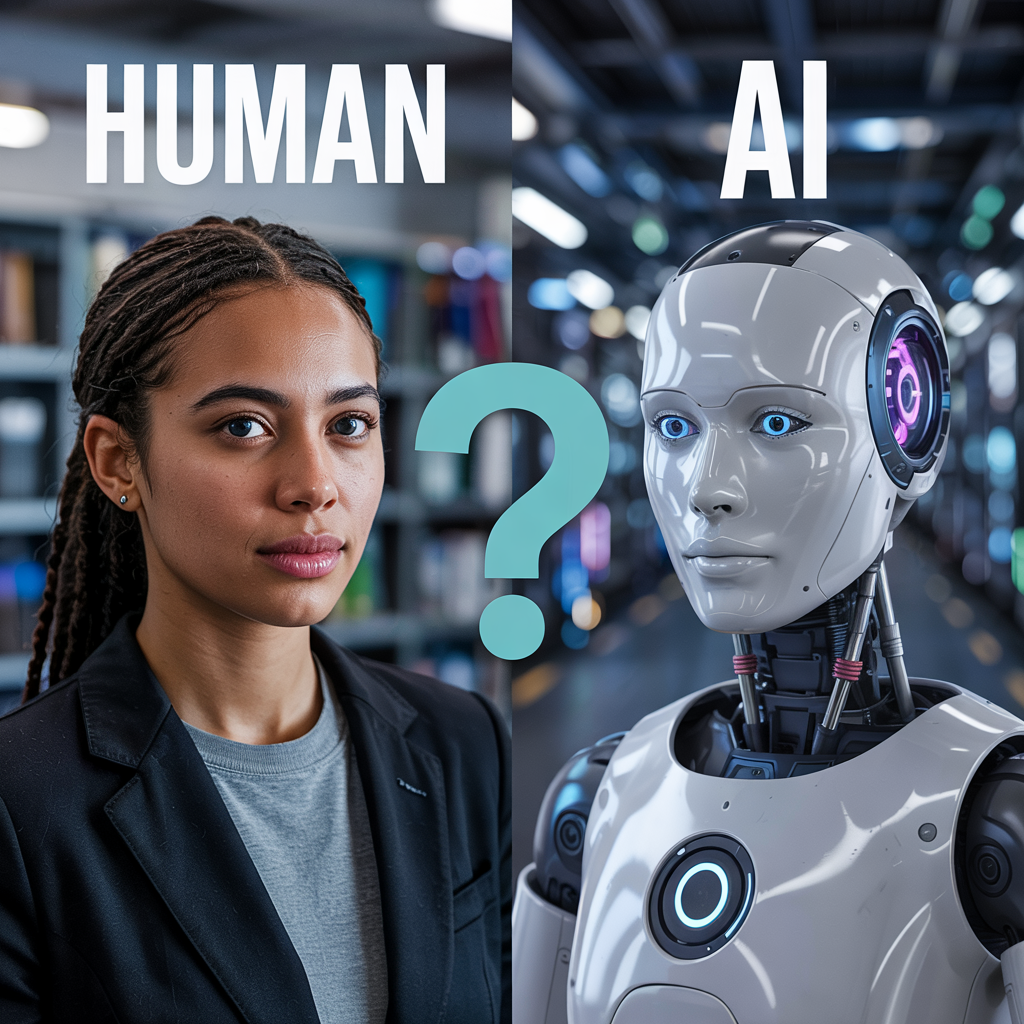Sunday, December 07, 2025
Sunday, December 07, 2025

by Elie Jacobs
In the final moments of the Apollo 11 crew’s descent to the lunar surface, an unexpected warning light flashed: “1202.” Neither Neil Armstrong nor Buzz Aldrin recognized the error code. With only minutes of fuel remaining, they faced a critical choice—abort or continue.
Back in Houston, Mission Control guidance officer Steve Bales quickly determined the alarm signaled a computer overload but not a systems failure. His decision— “We’re GO on that alarm”—enabled Armstrong to take his “giant leap for mankind.”
That “1202 moment” serves as an apt metaphor for today’s infodemic era. It highlights the crucial role of AI-driven systems in managing the deluge of data we face while also underscoring the indispensable need for human judgment. AI still struggles to interpret signals and differentiate vital warnings from mere background noise, and it falls far short of making impactful decisions.
Business leaders —and their communications advisors— face their own versions of these “1202 moments” daily, navigating a world shaped by overlapping crises—geopolitical conflict, climate change, technological disruption, and social upheaval, while staying aligned to their mission and the purpose their enterprise serves.
AI has transformed decision-making, offering powerful tools to analyze vast datasets at speeds no human could match. Yet paradoxically, more data has famously not always led to better decisions. Organizations armed with sophisticated analytics often struggle to convert raw information into intelligence and intelligence into strategy. AI, for all its promise, has not yet replaced human intuition, conviction, contextual awareness, and the ability to ask, “What if we’re wrong?”
Political campaigns provide some of the most striking examples of computer-driven miscalculations. The 2016 Clinton campaign relied heavily on algorithmic-derived analysis to allocate resources, neglecting field organizers’ warnings about voter sentiment in key Midwestern states. The Harris 2024 campaign repeated similar mistakes, prioritizing program-generated models predicting urban voter turnout over reports from ground teams flagging weaknesses in working-class outreach. Rob Flaherty, the campaign’s digital director, later admitted they may have “over-indexed on data-driven digital outreach” at the expense of traditional voter contact.
Algorithmically driven decision-making has also faltered in the corporate world. Target’s inventory management crisis in 2022 revealed the limitations of its algorithmic forecasting—systems trained on pandemic-era consumer behavior predicted sustained demand for home goods and electronics.
CEO Brian Cornell acknowledged their “data-driven approach missed key signals that human merchandisers had flagged.” After a 90% drop in profit in Q2 2022 and a scramble to unload $15 billion in excess inventory, Cornell later told investors they had learned that “algorithms are only as good as the human judgment interpreting what the data means.”
Data can be used to exacerbate confirmation bias, like BP’s abrupt strategic shift following the 2024 U.S. presidential election. Based on extensive environmental, market, and political modeling, the company bet that global momentum toward decarbonization would continue regardless of political changes. Yet the Trump administration’s predictable rollback of environmental regulations caught BP seemingly unprepared. Their data-driven models had likely overweighted ESG trends and regulatory pressure while undervaluing political risk.
Today, AI enhances decision-making with its ability to understand context, recognize patterns across different domains, and reason probabilistically under uncertainty. However, its effectiveness is tempered by limitations such as difficulty discerning when past patterns no longer apply, challenges establishing causation beyond mere correlation, and a lack of human-like wisdom and moral intuition in weighing competing factors. More pointedly, until sentience hits, it lacks emotional intelligence, an ability that will become ever more valuable as more knowledge jobs are done by computer.
The most successful organizations don’t choose between AI and human expertise—they integrate them effectively. After 9/11, the U.S. military restructured its intelligence operations, not by simply collecting more data but by ensuring experienced analysts could interpret computer-generated insights within specific regional and cultural contexts, improving operational effectiveness, particularly in asymmetric warfare environments. In medicine, the Mayo Clinic has pioneered an approach where AI augments, rather than replaces, human expertise.
The exact role of “communications advisor” has never been less clearly defined, but to continue to demonstrate our value, which hinges on our judgment and conviction, we need to leverage AI—with a healthy dose of skepticism—for its benefits while never losing sight of the essential role we must play with our clients and bosses. What we absolutely cannot do is grow lazy and reliant on AI.
When Neil Armstrong took manual control of the lunar module in those final moments, he wasn’t rejecting technology—he was demonstrating the ideal balance between automation and human judgment. In today’s world, where AI-driven decision-making is increasingly prevalent, leaders must remember the lesson of the Apollo 11 landing: data without human judgment is just noise. The future belongs to those who can translate information into wisdom and use AI as an enabler, not a crutch.
+++
Elie Jacobs is Founding Partner of Purposeful Advisors.
Purposeful Advisors helps companies and organizations shape their narrative, identify and understand their stakeholders, mitigate reputational risk, and strategically position their brands to ensure recognition, relevance, and resilience for the long term. The counsel we offer can often be out of reach for middle market and smaller companies, but it is critically important to success. www.purposefuladv.com
Written by: Editor
© 2025 Stratpair Ltd., trading as Strategic. Registered in Ireland: 747736